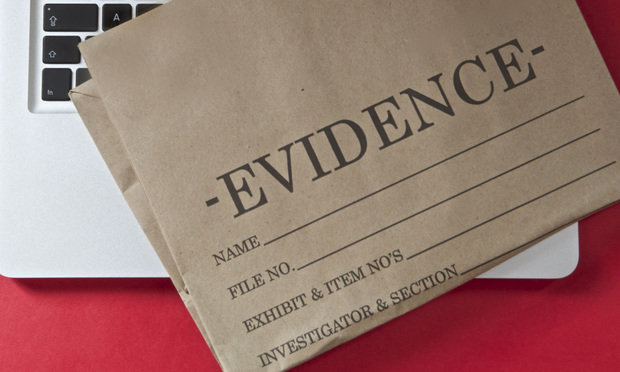Lawyers are supposed to know they should not encourage clients to tamper with possible evidence in a matter likely to result in litigation. That applies as much to social media pages as it does to other materials.
Basically, parties are required to preserve relevant evidence if there is “reasonable” anticipation of litigation. Otherwise, sanctions are possible against the client or the attorney. In one case in Virginia allegedly involving a lawyer telling a client to clean up his Facebook pages, the attorney was ordered to pay a $542,000 sanction.
This content has been archived. It is available through our partners, LexisNexis® and Bloomberg Law.
To view this content, please continue to their sites.
Not a Lexis Subscriber?
Subscribe Now
Not a Bloomberg Law Subscriber?
Subscribe Now
LexisNexis® and Bloomberg Law are third party online distributors of the broad collection of current and archived versions of ALM's legal news publications. LexisNexis® and Bloomberg Law customers are able to access and use ALM's content, including content from the National Law Journal, The American Lawyer, Legaltech News, The New York Law Journal, and Corporate Counsel, as well as other sources of legal information.
For questions call 1-877-256-2472 or contact us at [email protected]



